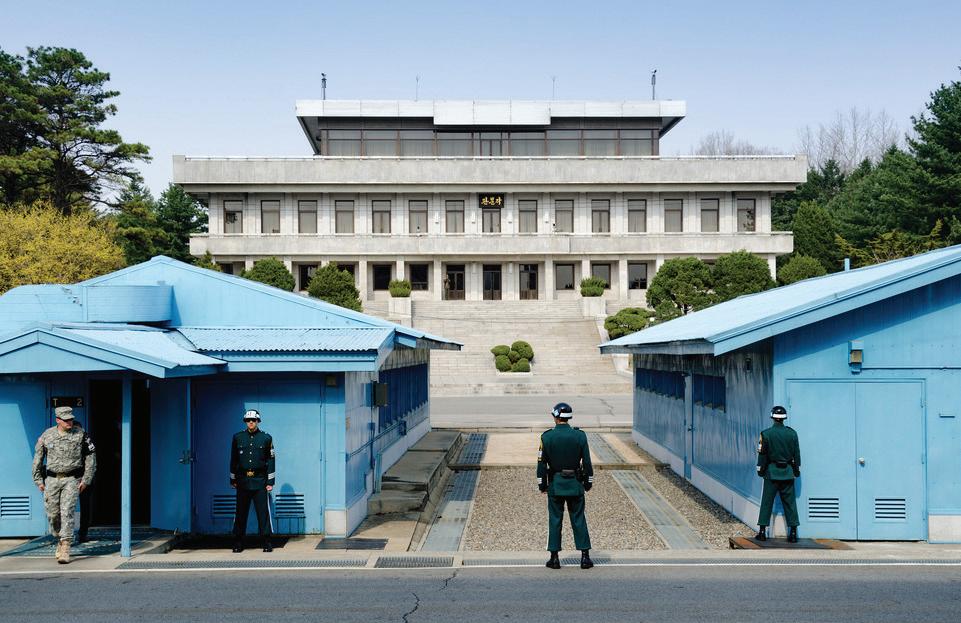RECOMMENDATIONS While the impediments to progress outlined above are substantial, they are not insuperable. If the United States adjusts its policy, substantial progress toward denuclearization by the end of President Trump’s first term is possible. This report makes four concrete recommendations that can put U.S.-North Korea nuclear negotiations on the right track. The first two recommendations address the United States’ overall approach to negotiations. First, the United States should adopt a reciprocal, actionfor-action approach to negotiating with North Korea that confers concessions in exchange for corresponding steps on denuclearization. Second, the negotiations should be guided by principles, discussed in detail below, that are based on lessons from past negotiations and aim to limit ambiguity and create a sustainable process. Given the rapidly closing window of opportunity discussed above, the third and fourth recommendations provide a roadmap for the next year of negotiations. Specifically, the third recommendation outlines options for a written agreement to be reached at the tentatively planned early 2019 summit. The fourth recommendation identifies options that may be included in a written agreement finalized by the end of 2019. The steps identified in these two recommendations are incremental and limited to allow the two sides to build confidence while still requiring North Korea to take substantive steps toward denuclearization.
Recommendation 1: The United States should adopt a reciprocal, action-for-action approach to negotiating with North Korea that confers concessions in exchange for corresponding steps on denuclearization The current U.S. stance—that North Korea must take substantial steps toward denuclearization before the United States makes concessions—is unlikely to succeed. As a result, the United States should adopt a negotiating approach that involves linking incremental steps toward denuclearization with benefits to North Korea and proceeding in a phased fashion. Referred to here as the “reciprocal approach,” this method would build confidence and trust in the process, thus helping to manage risk as the process moves forward. Historically, North Korea has not responded to ultimatums or pressure once nuclear negotiations have begun. True to form, since the Singapore summit, North Korea has rejected demands that it take significant steps toward denuclearization prior to receiving any benefits. Instead, North
22
FORGING A PATH FORWARD WITH NORTH KOREA






